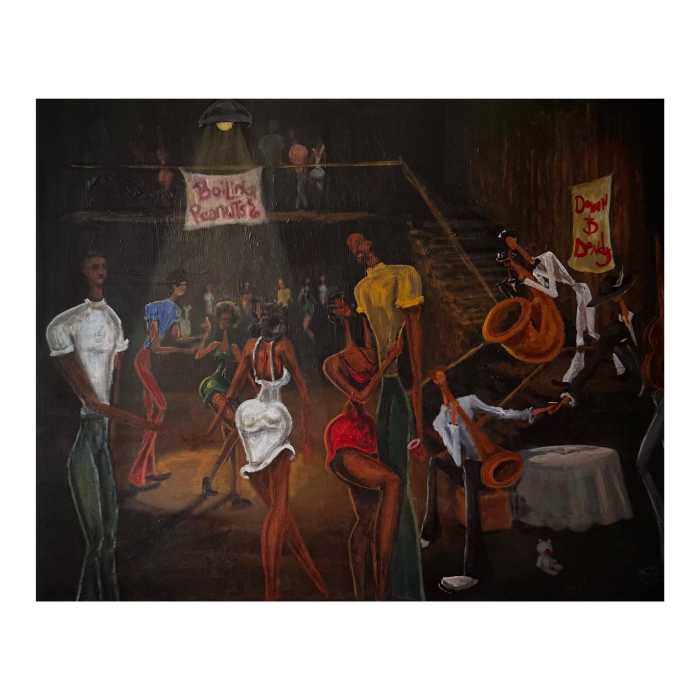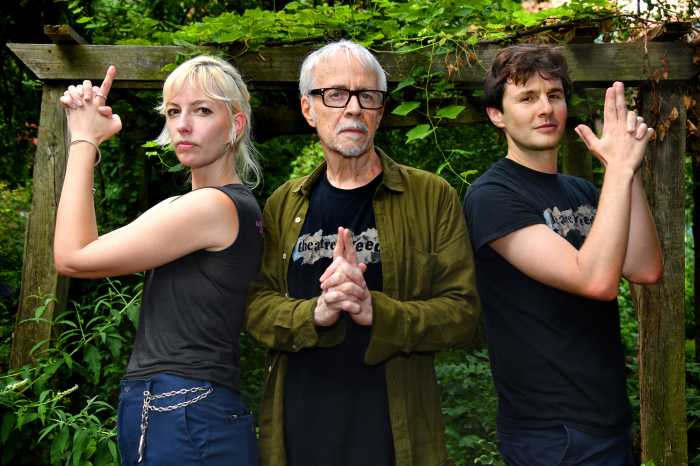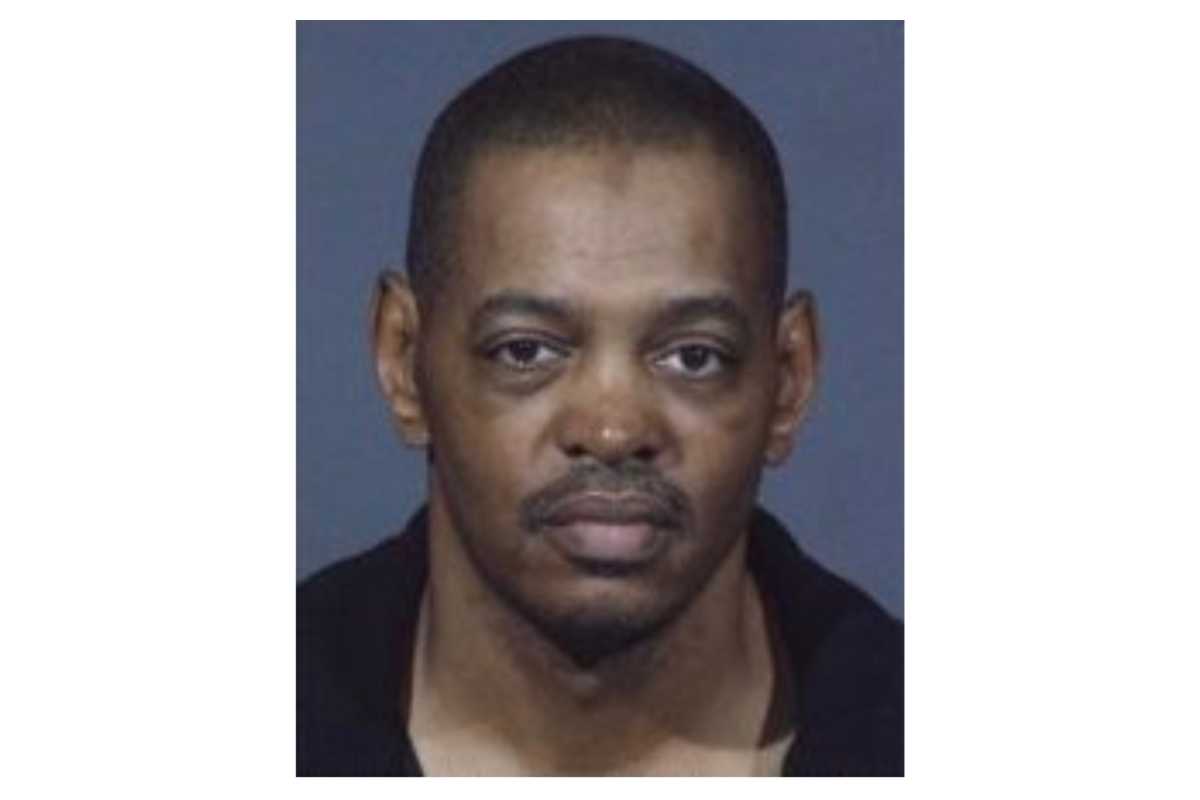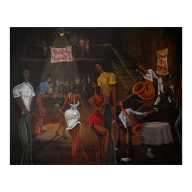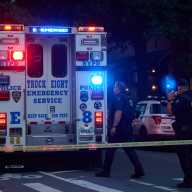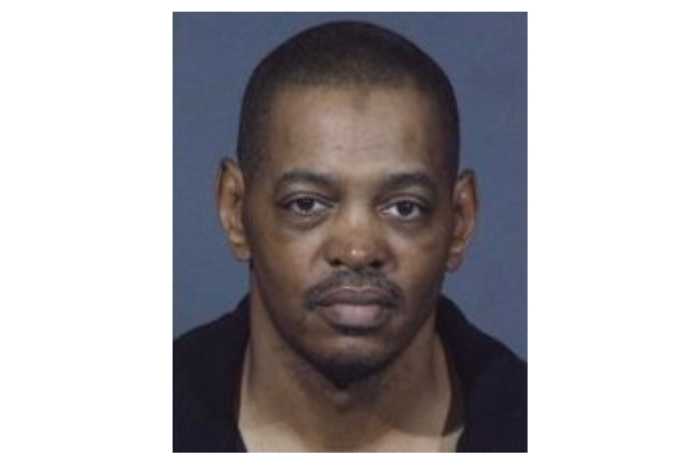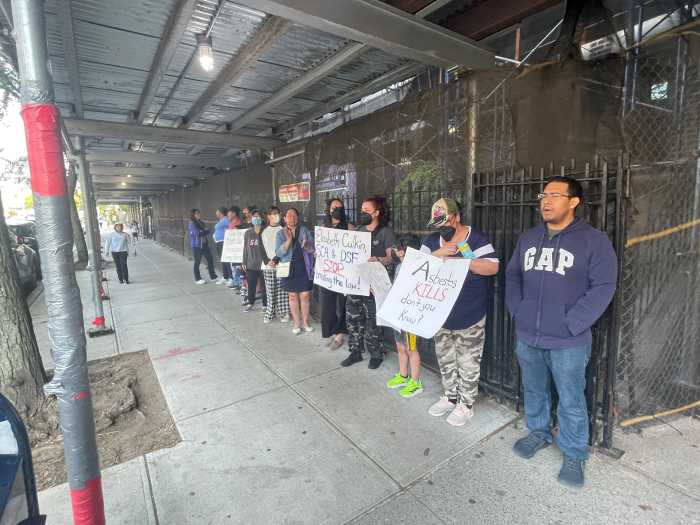By Scott Stringer
Mayor Bloomberg’s recent announcement of a new Charter Revision Commission headed up by CUNY Chancellor Matthew Goldstein was generally praised for the quality and diversity of the members who were selected for the commission.
Now that the question of who will serve on the commission has been answered, the mayor should state when the proposed changes to the charter will come before voters.
If this new commission is to succeed, its work must be geared to developing proposals for the ballot in 2011, not later this year.
When it comes to charter revision, there is a straightforward equation: More time equals more public involvement. And history teaches that in every respect the value of charter reform to the city of New York is enhanced by stronger public participation.
Public input helps to establish the right reform priorities for the commission; gives the commission’s work product greater legitimacy; leads to more refined and sharper proposals; and vastly increases the likelihood of an affirmative vote when the commission’s work appears on the ballot.
The 1989 Charter Revision Commission, appointed by Mayor Koch and chaired by Fritz Schwarz, is widely hailed as a model. It operated in an independent and open manner and was serious about learning from the public.
Hearings were held in a diverse cross-section of neighborhoods, and the commission took testimony from 679 witnesses. By this point in the calendar in 1989, the commission had completed six “legislative” hearings on the functioning of city government, designed to create a solid foundation for the proposals that were to come. Twelve more hearings followed. All of this was accomplished under the pressure of a U.S. Supreme Court ruling that struck down as unconstitutional New York City’s existing government structure.
The far-reaching reforms approved by voters on Nov. 7, 1989, were not devoid of controversy, but they were universally recognized as a thoughtful and principled attempt to remake and improve city government.
Chancellor Goldstein’s commission members haven’t even had the chance to introduce themselves to each other, let alone hire a staff. To accommodate the logistical steps required to place proposals on the ballot later this year, the commission would need to complete its work by the end of August.
That would leave less than six months for this commission to find its footing and gather information; hold public hearings to prioritize its agenda; draft proposals; present them to the public in another round of hearings; and then unify the commission behind formal ballot initiatives.
The timetable for a vote later this year is simply incompatible with the standard set in 1989.
When commissions are created to serve a predetermined political agenda and then rush their work to meet short deadlines, the outcome is predictable. The public sees through the posturing, and we are left with a down and dirty process that disappoints everyone and produces a ballot initiative that fails on Election Day.
That’s what happened in 1999, when Mayor Giuliani announced a Charter Revision Commission on June 15, just four-and-a-half months before Election Day. That commission’s main agenda item was to block the public advocate’s line of succession to the mayoralty. Voters had an easy time saying no to that proposal.
For those who worry about 2011 being a so-called “off year” election, my response is that low voter turnout is not the result of the year on the calendar: Its cause is public cynicism about government and politics. And the way to fix that problem is to conduct charter revision in a manner that fully respects the public’s role.
Rarely has there been a time when New Yorkers have been subject to more chaos in government and more frustration with their civic leaders. There is an overwhelming need today for the Goldstein Commission to emulate the model provided in 1989 under Mayor Koch, not the example of a decade later under Mayor Giuliani.
Chancellor Goldstein and his commission members have the opportunity to provide a great service to New York City. By insisting that the commission be given the time it needs to do its job right, it can reawaken New Yorkers’ passion for city government, local democracy and community engagement. That’s the version of charter reform we need.
Stringer is Manhattan borough president



